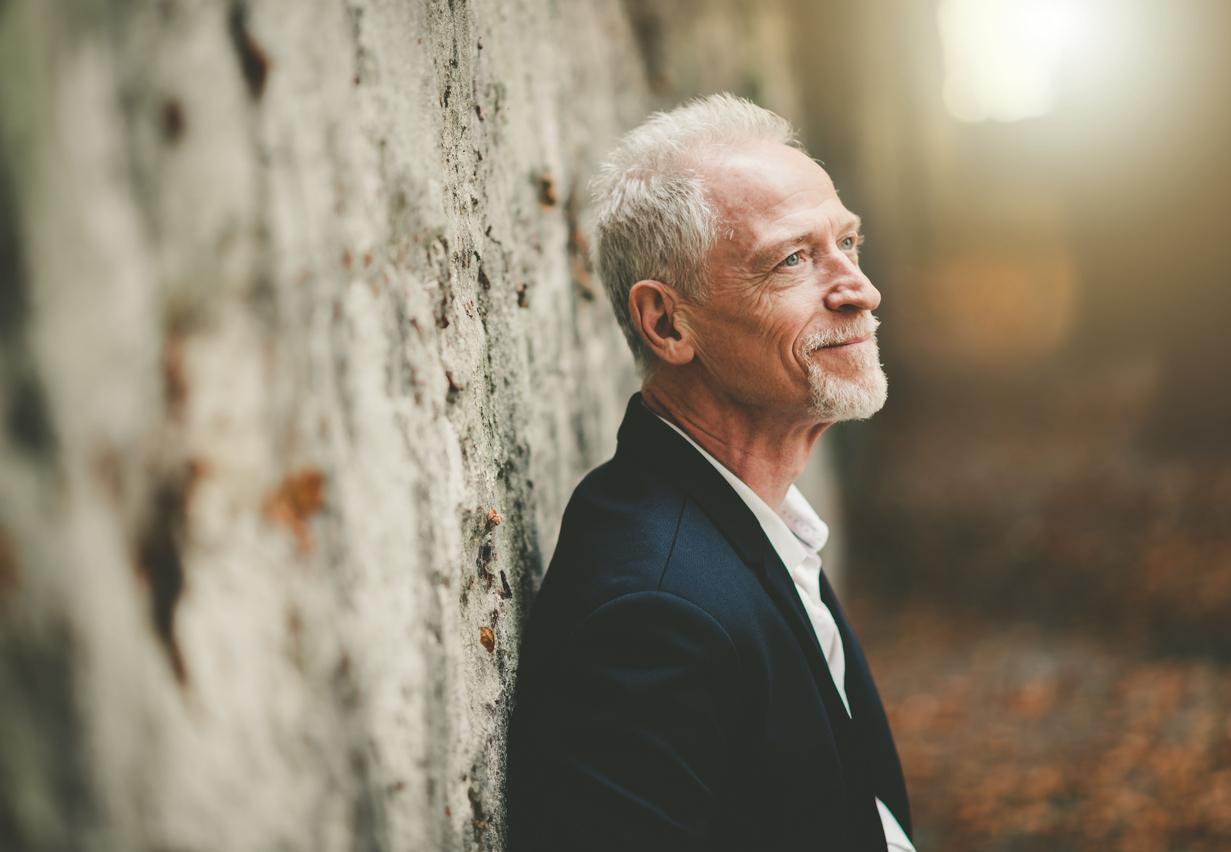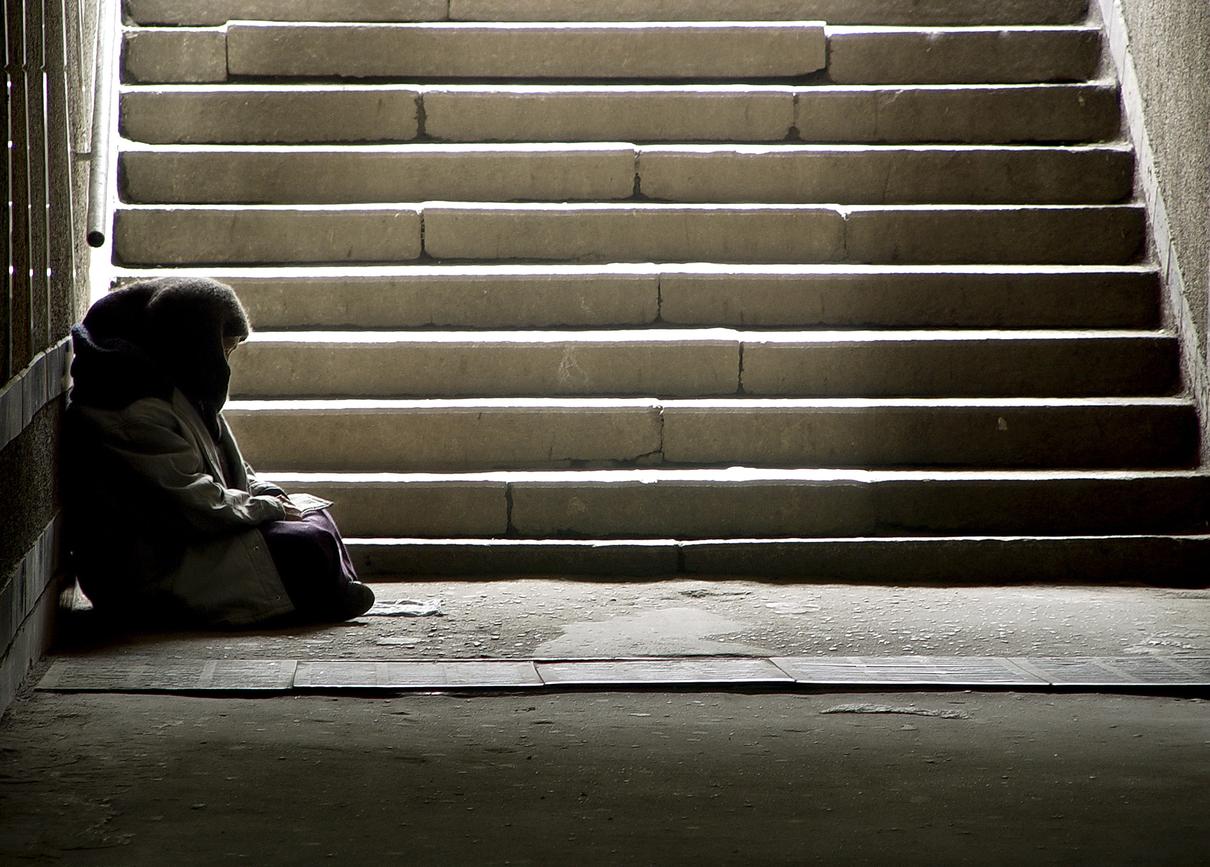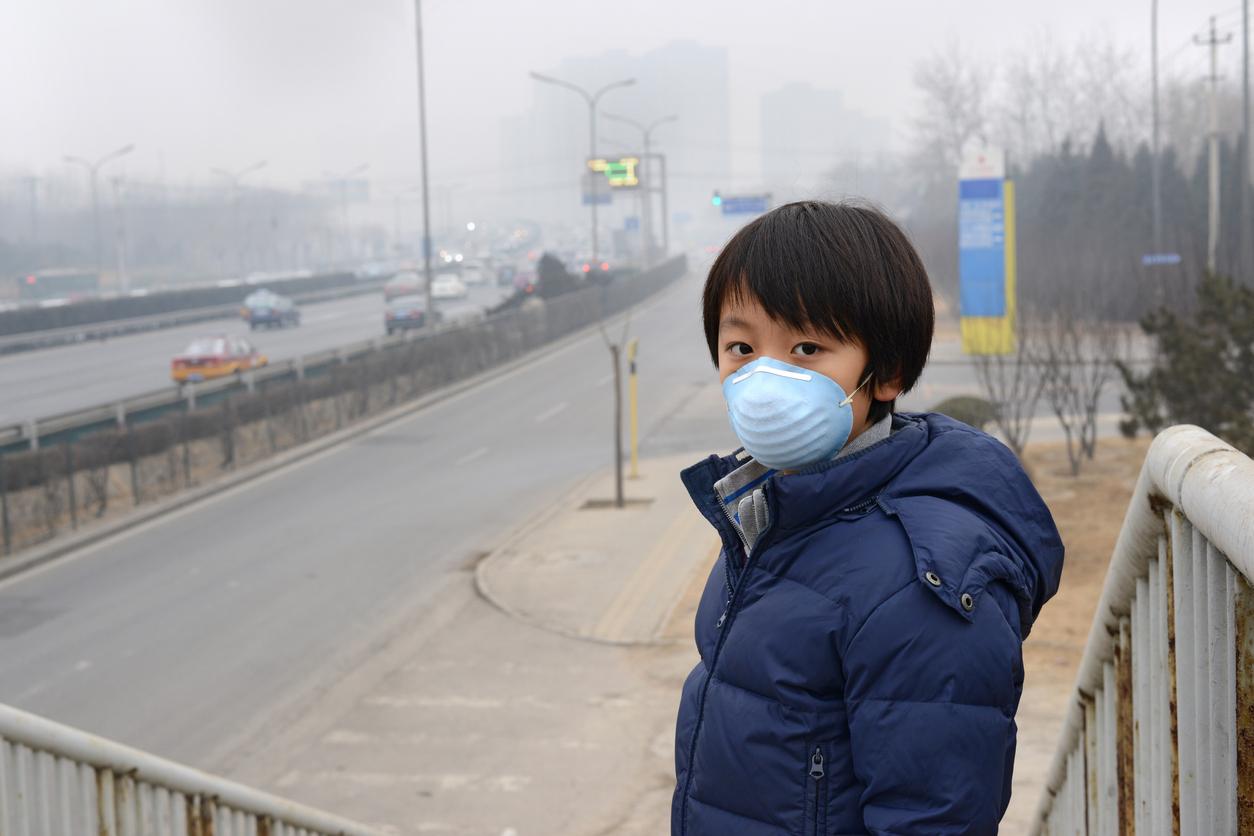According to a study, homeless people have more frequent contact with doctors than with institutions. This does not prevent them from being hit hard by the foregoing care.
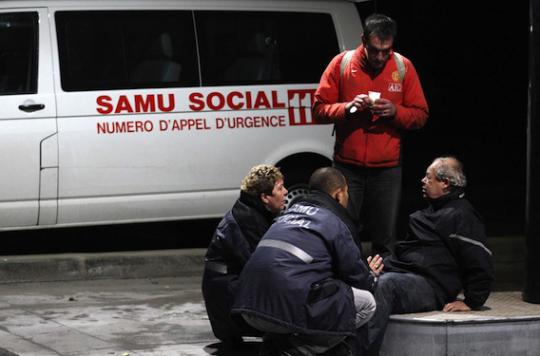
Led by the Drees (1) to adults who used accommodation and meal distribution services in 2012, the“Homeless” survey makes it possible to analyze the use of the rights and services of French-speaking homeless people, of French or foreign nationality. Published on Tuesday, the results of this work highlight the increased difficulties they encounter in benefiting from the social protection and solidarity system. And at the end of the day, it is the health of the most disadvantaged that suffers.
The doctor, a trusted person
The survey first reveals that the approaches to professionals in the health and social sectors depend heavily on the main mode of accommodation. Thus, among the homeless (2), one in four declares not to have been in contact with a doctor or a social worker during the past year, against 2% to 3% of people who slept in ordinary supported accommodation, collective accommodation or at the hotel.
In addition, homeless people more often declare having had contact with professionals in the health and social sectors than with the institutions themselves (CPAM, CAF, etc.). In the past 12 months, 85% of them have seen a doctor for themselves at least once, be it a specialist or a general practitioner, and 84% have seen a social worker at least once.
At the same time, only 58% of homeless people say they have made at least one approach to an institution, whether it is an organization intervening in the social or health field. Conclusion, 40% of homeless people do not receive any social benefits (3).
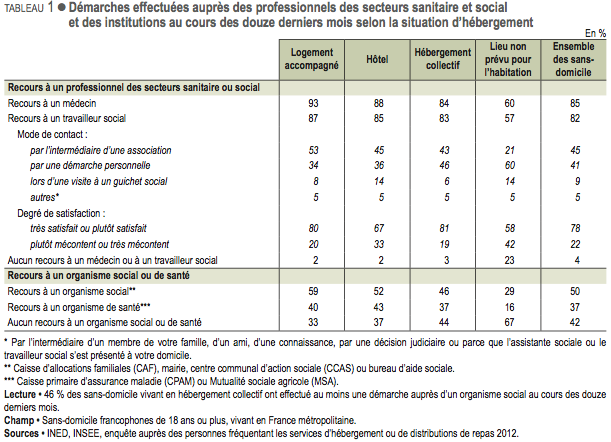
The preferred private practice in the hospital
In more detail, people who saw a doctor more often went to a private medical practice (62%) than to the hospital (21%, including 9% in an emergency department). In 5% of the cases of recourse to a health professional, the consultation took place in an accommodation center, a home or a day care center. Among the people who stay in this type of accommodation, eight out of ten have been able to see a health professional.
Regarding profiles, the people who consult most often for themselves are those who live in a couple without children, closely followed by isolated women, without or with child (ren) [respectivement 96 %, 95 % et 94 %]. In contrast, single men with child (ren) consult the least (55%). The homeless of foreign nationality, who represent four out of ten French-speaking homeless, have consulted a doctor during the past year in the same proportions as those of French nationality (85%).
On the other hand, more homeless foreigners do not benefit from health cover (15%, against 5%). Worse still, only one in five individuals of foreign nationality is covered by State medical aid (AME), a device allowing foreigners who have resided in France for more than three months in an irregular situation to benefit, subject to means, from ” access to healthcare.
A massive renunciation of care for lack of money
Finally, among people who have not seen a doctor in the past twelve months, 21% say they have had health problems during this period. The financial cost is the first reason for giving up healthcare (37%), ahead of the lack of serious health problems (24%), the fact of not knowing who to contact (17%) or the lack of health insurance or necessary papers (16%). The distance to the doctor is mentioned by only 3% of individuals who did not consult when they were suffering from health problems.
(1) Department of research, studies, evaluation and statistics
(2) That is to say people who have slept in a place not intended for habitation
(3) Among the benefits received, the RSA is the main benefit received by homeless people who are entitled to one or more benefits (34%), ahead of housing allowances (19%), for those living in supported housing. Then come family benefits (14%), and unemployment benefits (9%).
.









